
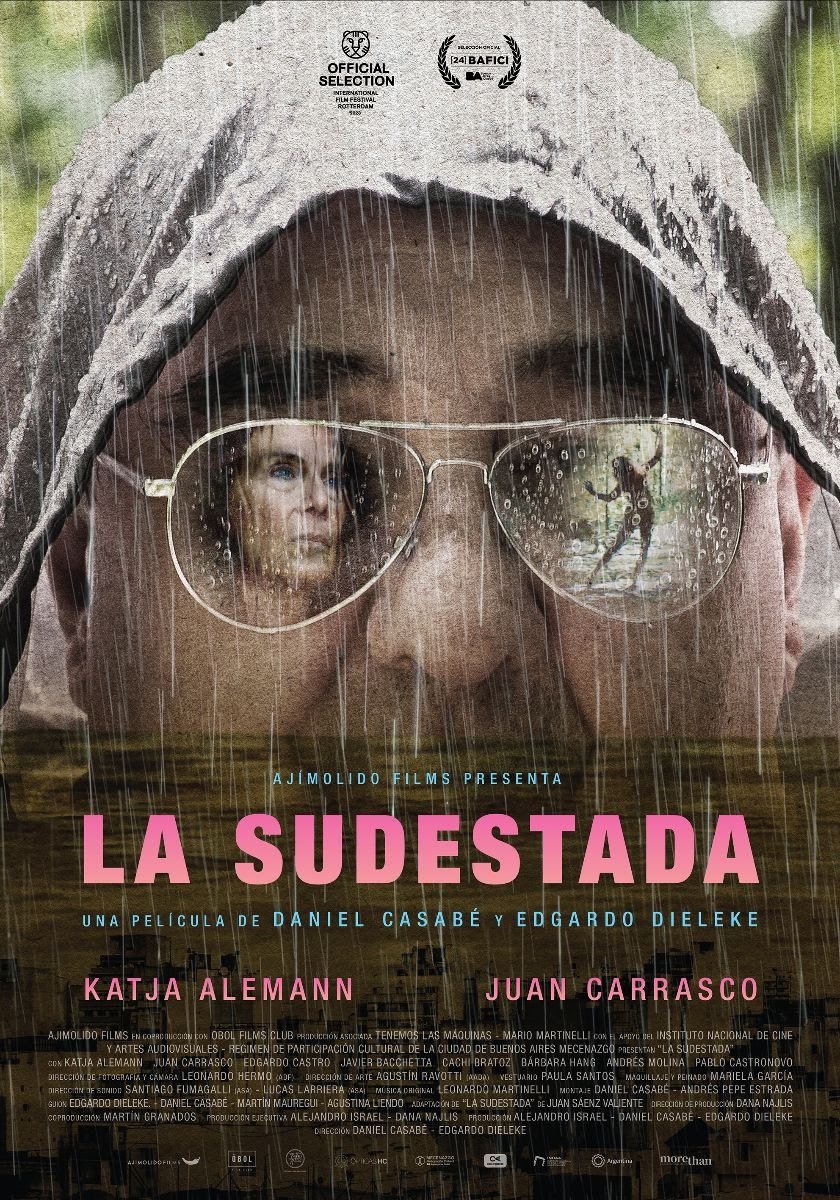
Jorge Villafañez is a rotund, veteran private detective living alone in a high-rise apartment in Buenos Aires. Discreet and meticulous, he has a knack of making people open up in conversations. But when a new assignment puts him on the trail of Elvira, an experimental choreographer, the distance between the observer and the observed begins to collapse as Jorge descends into the rising waters of the Delta del Río de la Plata.

Cris Miró's journey as Argentina's first trans vedette in 1995, shedding light on the trans community. Despite challenges, she embraced her true self until her untimely passing, leaving a legacy of inspiration and acceptance
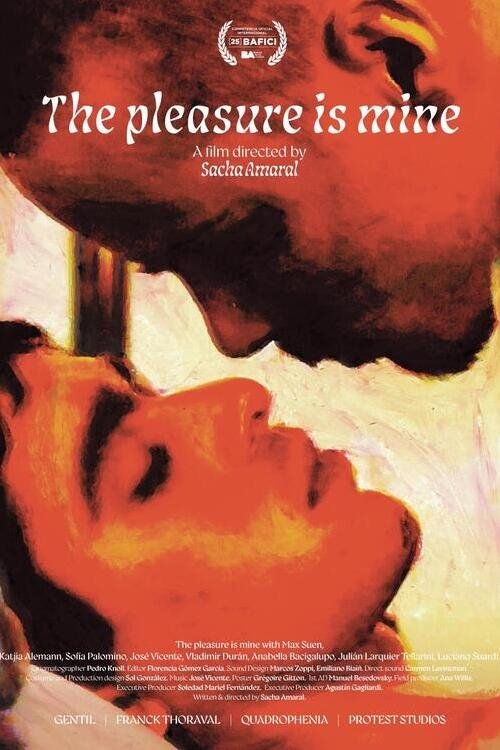
Antonio wanders the streets of Buenos Aires in search of money and sex. The magnetism he exerts on the people who cross his path allows him to steal and cheat them. Only his mother, with whom he has a confictual relationship, will get over his feeling of impunity and will push him to leave for a trip to the south of Argentina.

The series tells the story of an Uber driver (Francisco Suárez), who suffers a traffic accident and -in an unconscious state- meets his idol (Sergio Goycochea), who tries to convince him that his mission is to be a soccer coach. For this reason, he arrives in Mendoza to direct the lower leagues of Atlético Argentino, where different adventures and misadventures will be unleashed.
Theo tries to reunite with his family. He rearranges his apartment and leaves everything ready for the return of his mother, who will be free again.
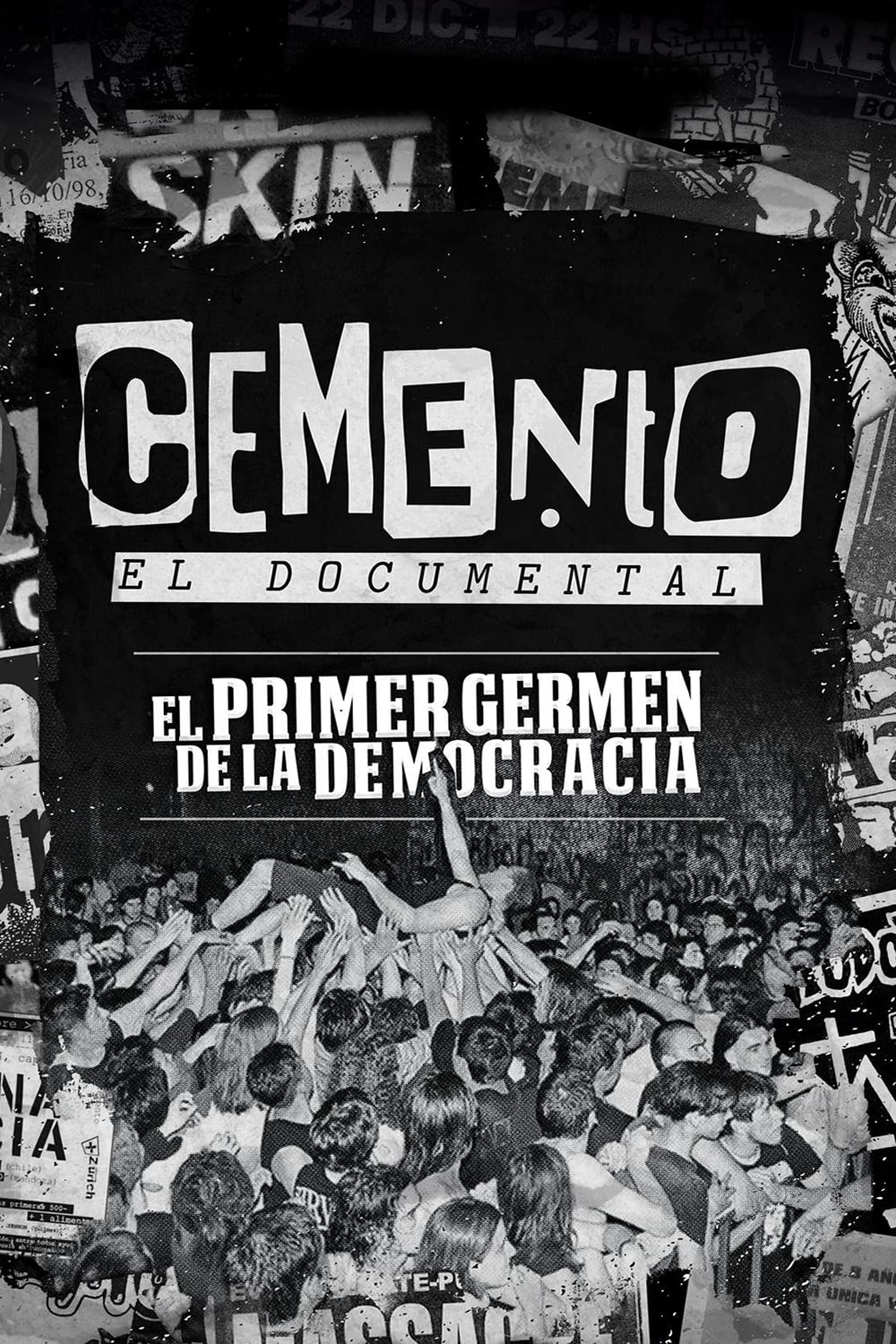
CEMENTO lived for nineteen years that spanned three key decades for the democratic history of Argentina. How much of relevance is the rock in this adventure of living in real democracy is difficult to estimate, but rock denounced, rock was containment, rock was a source of pride. Rock is culture and had a house where it developed, CEMENTO. We make CEMENTO - The Documentary - because we think that a people that forgets its milestones is a people destined to fail. We want to reflect in audiovisual format what CEMENT was, its origins, its facilities, the public opinion, its anecdotes and its imprint in the culture, narrated by musicians, producers and workers who gave it life.
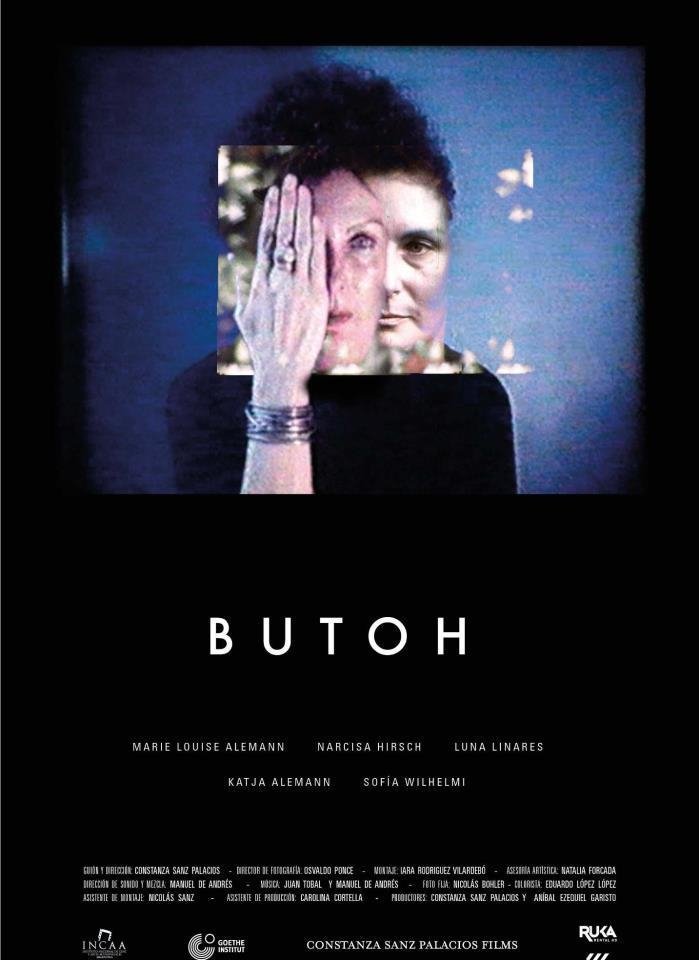
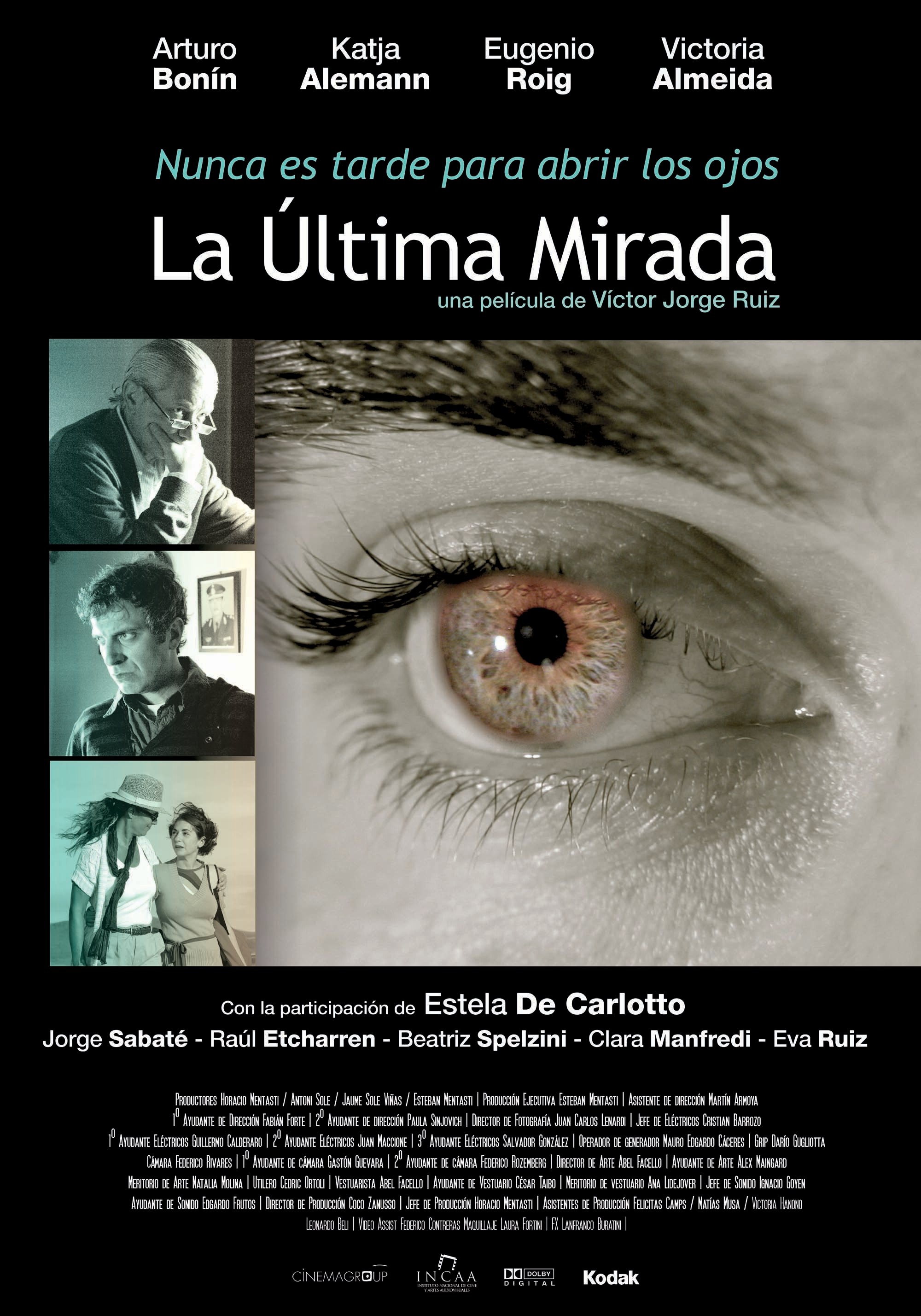
An Argentinean born Spaniard, writer and journalist, whose parents were tortured and murdered during the Military Coup, returns to finish a novel about them, with the ambiguous determination to get even with their murderer, a former Sheriff who lives nearby in Patagonia. He and the Sheriff's daughter fall in love. He takes DNA samples of the Girl's family and realizes the truth; she is not their daughter, which means she might have been abducted from her murdered parents. He indirectly feeds her mistrust. The girl travels to Buenos Aires to investigate. She finds out the truth and faces her father, who avows never agreeing on saving those children. On her question, "Who am I?" he says she is a mistake and that she is alive thanks to his decision. It is her who ultimately solves the Writer's conflict in a tragical showdown with the Sheriff.
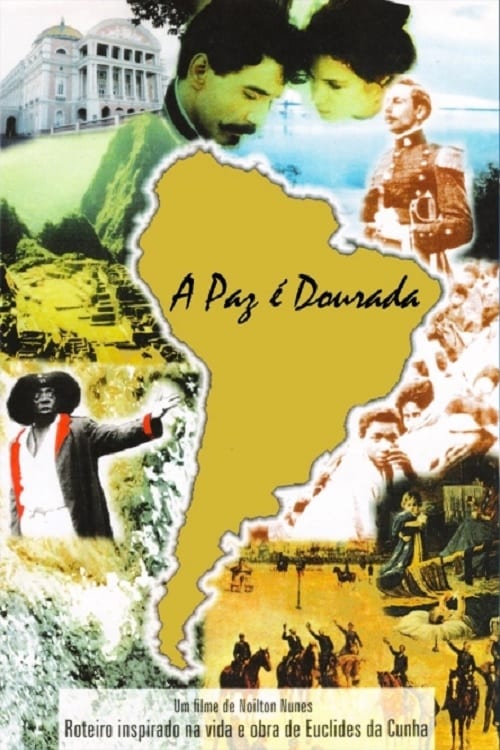
The film chronicles both the life and work of Brazilian author and engineer Euclides da Cunha and a failed attempt at directing his biopic in the 1980s and 1990s. Footage from the unfinished film is included alongside archive and documentary material.
By browsing this website, you accept our cookies policy.